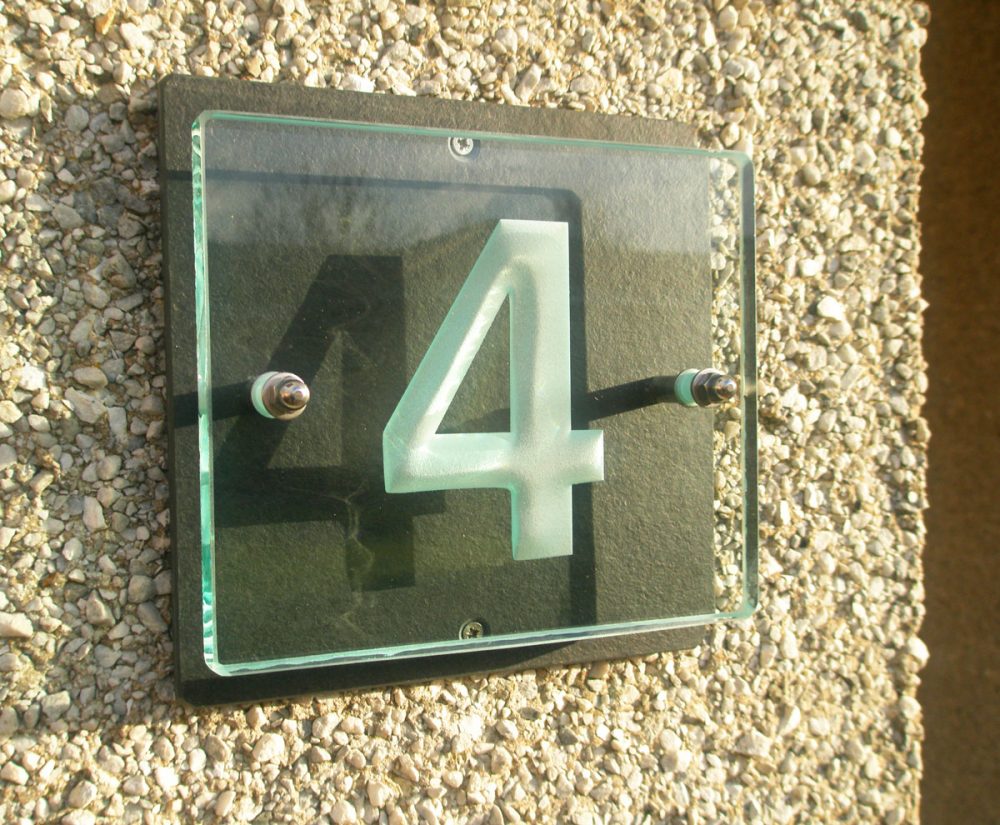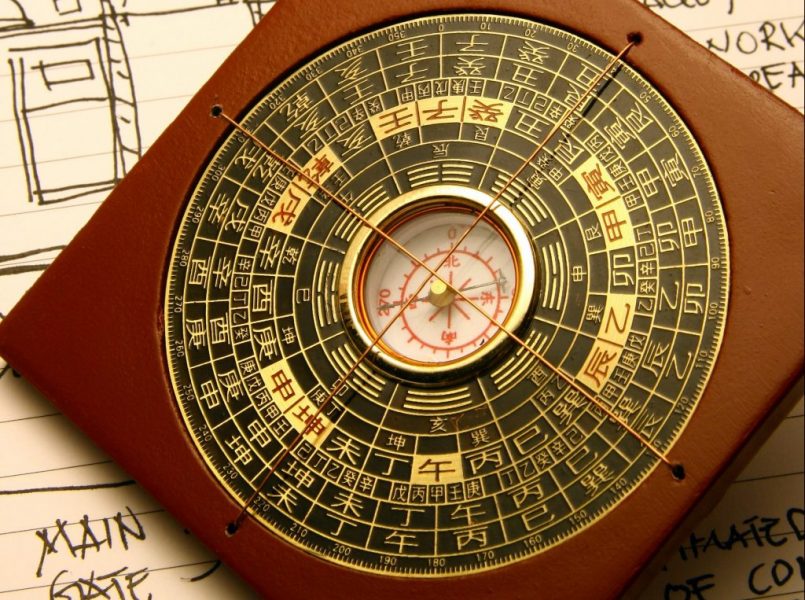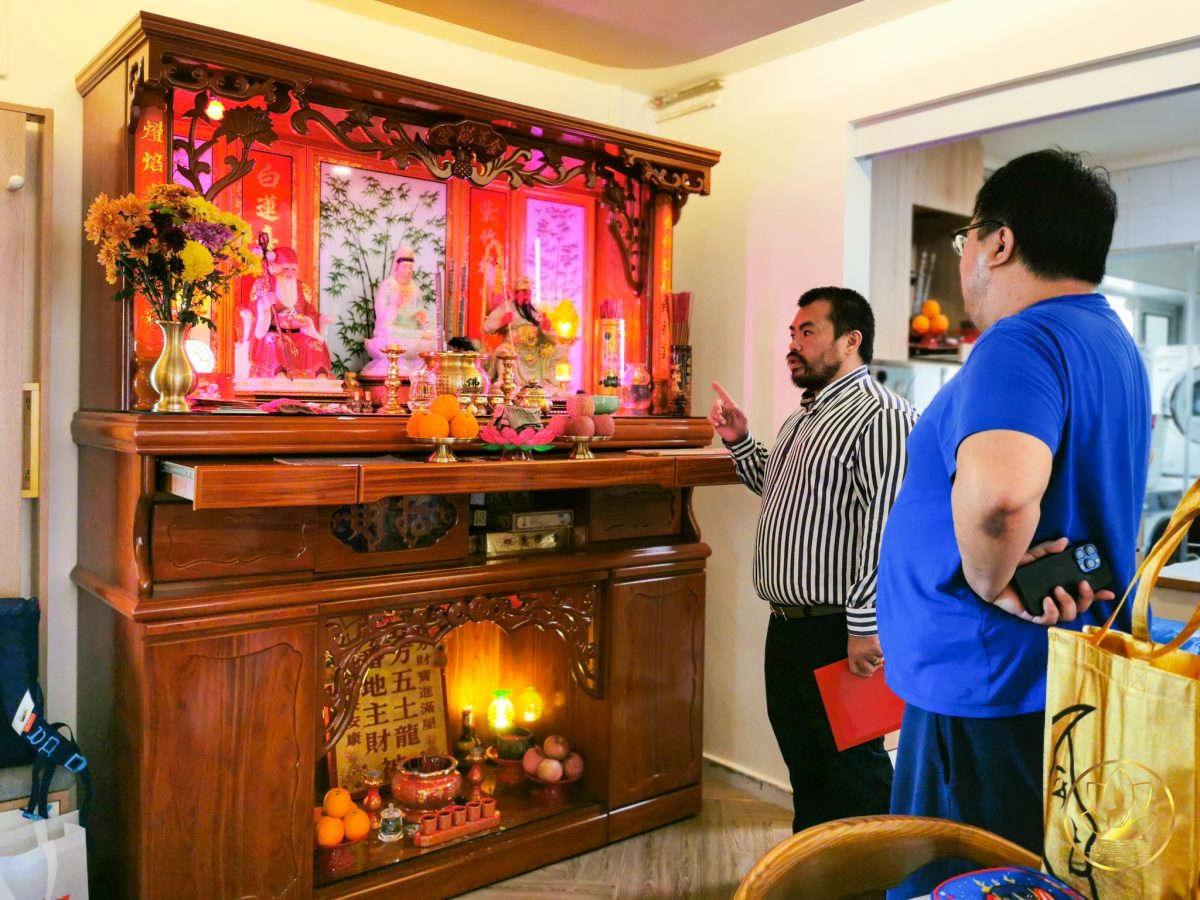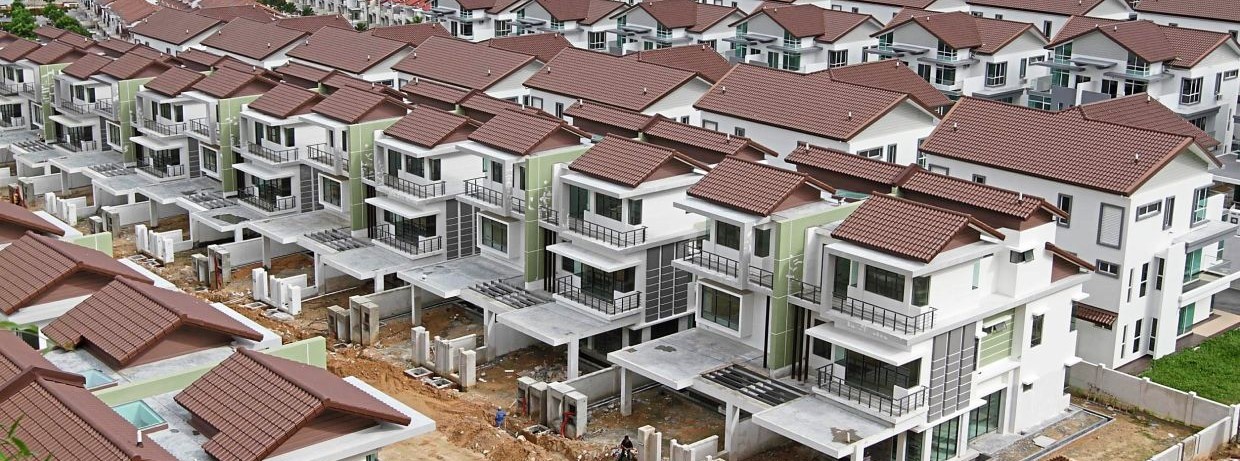Numbers, location, and the subtle art of fengshui… your home may hold more luck than you know!
This article contributed by Katrina Ling
When my family first moved into a new house back in 2013, one of the first things we did was to apply with our local council for an address change. Not the one on our identification records, but the actual unit number of our house. It was a painstaking process which came with confusing many food deliverymen and first-time guests, but it was only a while till we could officially replace our address plaque – which originally numbered at 44 – with a shiny 42A instead.
Now, my family is nowhere near superstitious, so why the change? Tetraphobia is nearly exclusive to East Asians. Even if it wasn’t important to us, it sure was to many others, so much so that the chances of reselling our house later on would’ve been affected had we kept the original number.

It’s hard to believe that so many people and much of the infrastructure in Malaysia, especially in the urban cities of Klang Valley, have remained grounded in such traditional beliefs. Superstition is not one of the key factors we take into account when analysing the Malaysian housing market, but it should be. Through copious research, fengshui was found to be one of the most important considerations for even the younger generation today when buying their first home, especially among the ethnic Chinese.
For property developers, this poses an additional challenge in having to consider the spiritual schematics of a home beyond their usual practical thoughts for location, surrounding environment, amenities, and so on. It’s surely a greater cost – but also greater marketability – with accommodating these traditional principles, wherein extra attention must be paid to specific construction features that just seem arbitrary to the non-superstitious.
House numbers and ghosts are just one part of it; the very essences of fortune or misfortune lurking about are said to manifest in practically anything. Even where there isn’t anything, is a potential space for mischievous elements to gather and budge one’s career trajectory or meddle with the survival chances of their new plant.
This is where the usual cliches we think about geomancy set in. Fengshui is an endeavour to align our physical surroundings with ourselves and our desires by configuring the layout, orientation, and object placement in the house. Doors and entrances, especially, are more sensitive to what they directly lead to. This is why mirrors, bed ends, stairways, or even long corridors are avoided in fengshui. Many times, you’ll notice the practice of fengshui is focused on creating or configuring pathways in the home.

According to its principles, these pathways are meant to map out the flow of qi, the current of energy described as the “vital life force” that links everything together. By this definition, qi is a wellspring for longevity. And this longevity is usually associated with good health and financial success, which (presumably) leads to an equally good lifestyle, good mood, and happy relationships.
There is no question about its roots. Malaysia’s generally superstitious culture is cultivated from a rich history of overlapping spiritual ideals and folklore, including those of Hinduism, animism, ancestral worship, and many more contributed by its multicultural demographic. Now, the odd part is that nearly 80% of Malaysian-Chinese people are Buddhists, but fengshui originates from Taoism, which is practiced by just 3% of the ethnic group.

Simply put, fengshui’s prevalence in Malaysia was more so the work of China than Taoism itself. An unwavering practice which saw the political ups and downs throughout the ancient kingdom’s string of dynasties, fengshui spread as far as the nation stretched to Taiwan, Hong Kong, and the rest of the Chinese world. Over the course of two millennia, it’s naturally melded into the stronghold of Chinese cultural heritage. There’s no need for someone in our modern century today to be religious nor geographically tied to a certain place to believe in fengshui. In fact, many people aren’t exactly aware of the true reason the dos and don’ts passed down from the family’s elders.
Although having good fengshui will not directly push up the price of homes in Malaysia, the housing market is certainly vulnerable to how the superstitious compromise their spiritual needs for other, more tangible considerations. Ultimately, the typical practical factors are still considered first, but this may also be because fengshui can be improved to the owner’s liking with renovations or modifications later on. This is another difficult step for property developers and architects as they consider fengshui in their projects. Catering to customer expectations is almost a completely futile effort because fengshui and auspiciousness will look different for everyone. Moreover, at the full scale of making the perfect prosperous home, there are really just too many things to consider.

Although recent studies claim that the superstitious in Malaysia are particularly concerned about location, house number, and the shape of the building, it still doesn’t relieve things by a significant amount. For one, location alone can be subject to many requirements. Just as the flow of qi must be directed around inside the house, the same must be done with the outside, but of course this is much harder. Where empty land is becoming the equivalent to a gold mine in Klang Valley, an auspicious site surrounded by mountains with even ground and sufficient natural lighting is near-impossible to find.
It also doesn’t help that fengshui generally steers away from man-made elements, such as electrical lines, viaducts, power stations, or cemeteries. Some developers may feel the need to consult fengshui masters at this point to ensure the flow of qi is still intact as they zone in on every individual unit’s exterior and interior features. The curiosity now is if carefully deciding door size, window placement, or the shape of the building will also culminate in some prosperity for developers, too.
On one hand, we can say this is all dependent on the level of superstition targeted buyers are willing to invest in. Of course, those who have no qualms against living in a home at a dead end and with their entrance blocked by a tree would be the convenient demographic. But in recent years, property developers now have bigger giants to face. With the real estate market growing, Malaysia has attracted a slew of foreign investors from China, so much so Malaysia was even cited as their second-most popular country in Southeast Asia to invest in residential properties.
Among those seeking profit in the property sector, other buyers include people seeking to live as expats and the ones just looking for a holiday home. In this field, fengshui may only climb up the priority ladder for the real estate industry as the years go by. And it’s not just for the Chinese market; fengshui is a small but growing trend among Western buyers, too, as of late.

A story I heard was that many Malaysian developers are guided by fengshui to plan whole townships and cities, so where homes map the flow of qi with walls, they’re doing it with entire shopping complexes, neighbourhoods, and skyscrapers. With the country’s top firms doing the same for business, it sounds more like fengshui masters will benefit most at this rate. Could it really be just superstition, then?



















